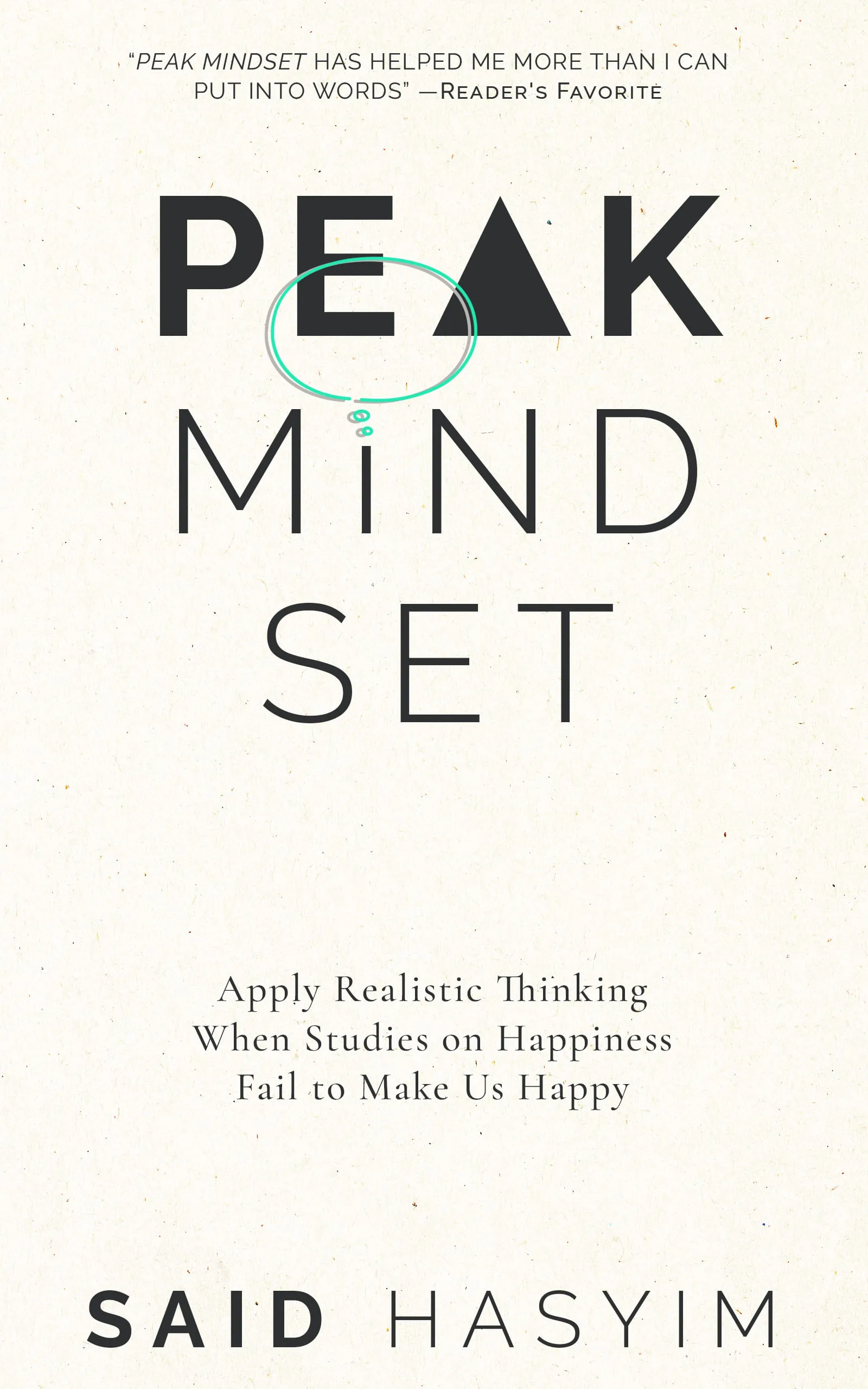Why Idealistic Thinking Can Lead to Disappointment
In a world that often seems unkind, many of us turn to idealistic thinking as a form of refuge. We dream of a brighter future, envision perfect relationships, and create mental pictures of how life should be. While idealism can be a catalyst for positive change and aspiration, it can also set us up for profound disappointment. In this blog post, we will explore how idealistic thinking can lead to unmet expectations and emotional turmoil, and how a more pragmatic approach may provide a healthier perspective.
The Nature of Idealistic Thinking
Idealism, in its essence, is the pursuit of higher principles and standards. It motivates individuals to strive for excellence and to believe in the goodness of people and possibilities for a better world. As children, we are often encouraged to dream big and think positively. This mindset can foster creativity, innovation, and a natural longing for improvement.
However, idealism can become problematic when it morphs into unrealistic expectations. The scenarios we construct in our minds often don’t match reality—people aren’t always kind, and life doesn’t always yield the outcomes we desire.
The Disconnect Between Ideals and Reality
One of the primary dangers of idealistic thinking is the gap between our ideals and the reality we encounter. This disconnect can lead to feelings of frustration, sadness, and disappointment. Here are several ways this disconnect manifests:
1. Unrealistic Expectations in Relationships
When entering a new friendship or romantic relationship, idealistic thinkers may create an image of perfection—attributes they hope to find in their partner and an unrealistic dynamic they expect to experience. When reality sets in, and their partners exhibit flaws or conflicts arise, it can be incredibly disheartening. The initial excitement can quickly sour, leading to feelings of betrayal and disillusionment.
2. Workplace Aspirations
Similarly, in a professional context, idealistic thinking can generate inflated expectations about career paths, job satisfaction, and workplace dynamics. Many enter the workforce hoping to find their “dream job” or believe that their efforts will yield immediate rewards. When faced with challenges such as long hours, office politics, or a lack of recognition, the disillusionment can lead to burnout and dissatisfaction.
3. Social Justice and Activism
Idealistic thinkers who are passionate about social justice may envision a world free of inequality, conflict, and suffering. This profound commitment to change is admirable, but when the complexity of societal issues becomes overwhelming, and progress seems slow or non-existent, it can lead to feelings of helplessness and grief.
4. Personal Goals and Ambitions
In pursuing personal goals—be it fitness, education, or lifestyle changes—idealistic individuals may set themselves up for disappointment by envisioning a perfect path to success. When they fall short of their expectations, they often feel inadequate or lose motivation altogether.
The Cycle of Disappointment
When our ideals consistently clash with reality, we may find ourselves trapped in a cycle of disappointment. This cycle can manifest in several ways:
Self-Criticism: Over time, an idealist might develop a harsh inner dialogue, berating themselves for not achieving their lofty goals or for choosing the wrong relationships.
Resentment: The gap between expectations and reality can foster resentment toward others, as they may feel let down by friends, partners, or colleagues who don’t live up to their ideals.
Apathy: Persistent disappointment can lead to apathy, where the individual gradually disengages from their aspirations and stops trying to pursue their goals altogether.
Cynicism: Finally, the frustration of idealism can escalate into cynicism, pushing people away from hope and potentially leading to a more negative worldview.
A Path Towards Balanced Thinking
While it's important to dream and aspire, it's equally crucial to balance those ideals with a more realistic perspective. Here are some strategies for cultivating balanced thinking:
1. Embrace Imperfection
Recognizing that perfection is unattainable can free you from the burden of unrealistic expectations. Accept that flaws and setbacks are part of life and that they can lead to growth.
2. Set Realistic Goals
Instead of aiming for the summit immediately, break your goals into actionable and achievable steps. Celebrate small victories along the way, and don't hesitate to adjust your goals based on your experiences.
3. Cultivate Flexibility
Life is dynamic, and being adaptable in your thinking can help you navigate the unexpected twists and turns. Practice being open to alternative outcomes and paths; flexibility can reduce the impact of disappointment.
4. Focus on the Process, Not Just the Outcome
Enjoy the journey rather than fixating solely on the destination. Find meaning in your experiences and the lessons that come from both success and failure.
5. Communicate and Connect
Maintaining open lines of communication with friends, partners, and coworkers can help bridge the gap between your ideals and their realities. Share your expectations and be receptive to their perspectives.
6. Practice Gratitude
Reflecting on what you have rather than what you lack can shift your mindset from disappointment to appreciation. Gratitude encourages a more positive perspective, helping you find joy in the present.
Conclusion
Idealistic thinking has its virtues; it inspires and drives progress. However, when taken to extremes, it can lead to disappointment and emotional distress. By recognizing the limitations of our ideals and embracing a more pragmatic approach, we can alleviate some of the pressures surrounding high expectations. Life is a blend of triumphs and setbacks, and by learning to navigate this complexity, we can cultivate a more balanced, fulfilling existence. Embrace your dreams, but also accept the reality of the journey—this balance may help you find the peace and satisfaction you seek.
Leverage Your Mindset for a Fulfilling Life
Explore Peak Mindset, a book to leveraging your subconscious for a more fulfilling life. Gain insights into realistic thinking, money management, and stress resilience to make informed decisions. Discover pitfalls in conventional happiness advice and practical strategies for self-transformation. Unlock your potential and enhance your overall satisfaction.
